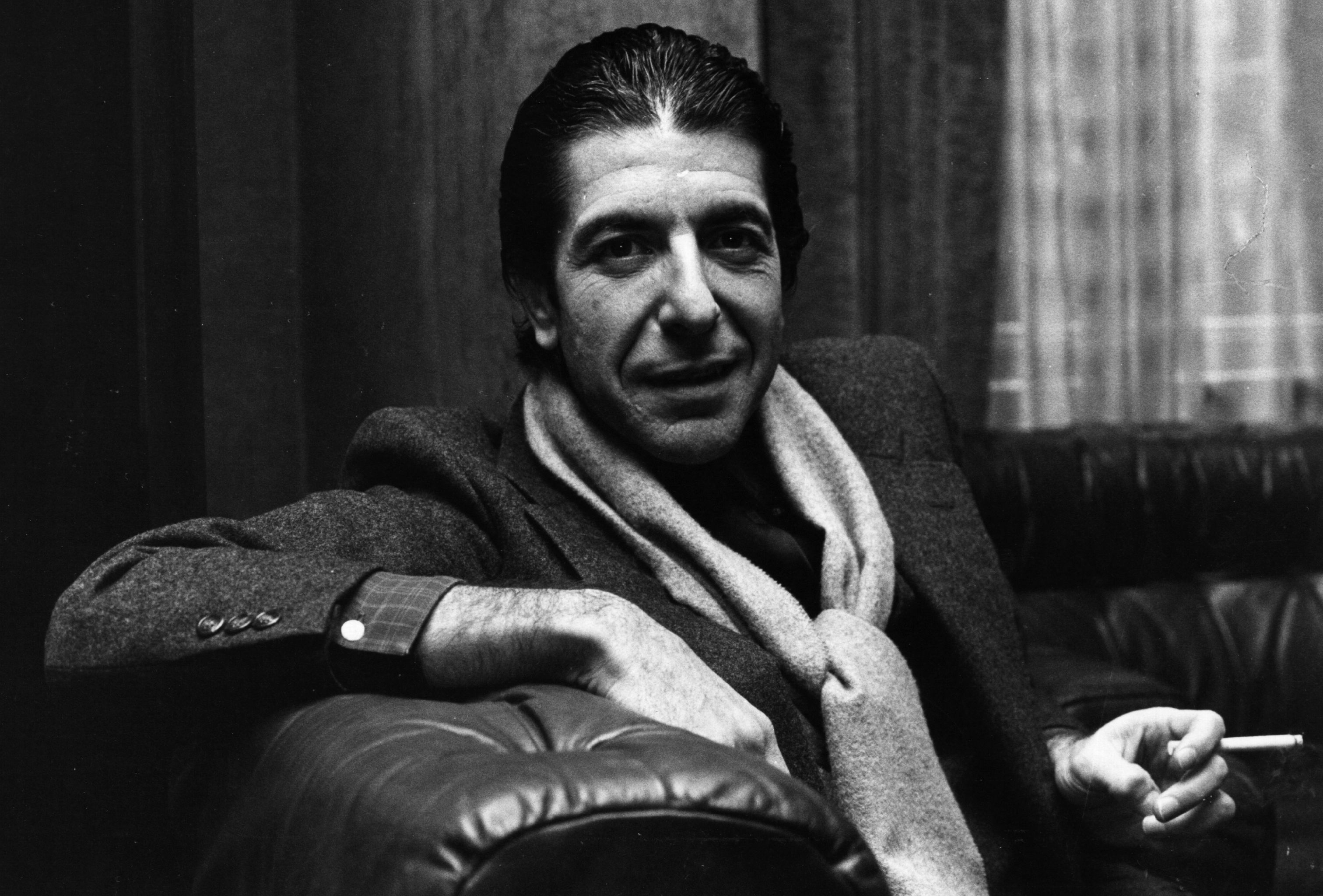He gave us a hint only a month ago, admitting in an interview that he was “ready to die” then adding afterward that he intended “to live forever” (as if there was any doubt). When Leonard Cohen passed away last week at the age of eighty-two, he left behind a generous body of work: two novels, fourteen studio albums, and countless poems. Along with his musical and literary output, Cohen inspired several films, including a documentary directed by Harry Rasky entitled The Song of Leonard Cohen. Released independently in 1980, the film offers an intimate portrait of the poet in his natural habitat of Montreal. It is here that Cohen hosts a listening party, drinks take-out coffee, and describes his lyrical inspirations inside dimly lit rooms. This incredibly personal feature reveals the humor and the heartbreak behind his songwriting, including the dissolution of his first marriage.
While it’s difficult to find the entire film online, some minor excerpts are available on YouTube. The first video is named after the French-Canadian song “Un Canadien Errant” (translated on Cohen’s 1979 album Recent Songs as “The Lost Canadian,” but sometimes “A Wandering Canadian”), which was written in 1842 by the Quebecois poet Antoine Gérin-Lajoie. Cohen invites viewers onto his balcony, where washing lines weave a cat’s cradle in the distance. His charm is disarming as he sits next to a radio, pensively translating Gérin-Lajoie’s song. It’s not surprising when a young woman named Haze brings him a cup of coffee, risking life and limb as she climbs over from a neighboring balcony to join him. The filmmaker asks Cohen, “Do you feel like the person in that song?” And he responds “A little bit.”
In another clip, presumably shot later that day, Cohen is joined by his mentor—the poet Irving Layton—and another lady friend. The three of them drink vodka from coffee cups and sway slowly inside Cohen’s living room as he previews Recent Songs’ “The Window.” The listening party is blended into a live performance of the song, and we get to see Cohen adjusting the knobs of a portable boom box. It is a fairly modest premiere for an artist of his stature. The live recording is dubbed over their exchange; we can only imagine the acoustics at Leonard Cohen’s dinner table.
The final excerpt finds the songwriter discussing his single “The Gypsy’s Wife,” also drawn from Recent Songs. He sits with his guitar under exquisite lamplight, describing the gypsies in the game of love. A live performance is once again edited into the conversation, along with photographs of Cohen’s former wife. In the closing minutes of the clip, he reads from his poem “Slowly I Married Her” while sitting on the steps of a rickety porch.
Looking back at this old footage, it becomes clear that Leonard Cohen was indeed a wandering Canadian: our bi-coastal bard who made a name for himself in Montreal, then moved to New York and on to Hydra, Greece, before settling in Los Angeles, where he died last Monday—but not before saying so long to his muse Marianne and releasing one of his best albums in years. In the closing lyrics of that old French song, he sings:
O days so full of charms,
You have vanished
And my native land, alas!
I will see it no more
Canada may have been his native land, but Leonard Cohen will be mourned all over the world. His poetic voice was unfailingly profound, and as promised, he will become eternalized through his Tower of Song. FL







